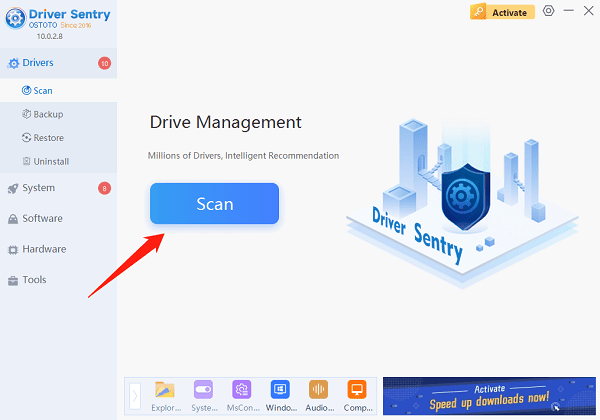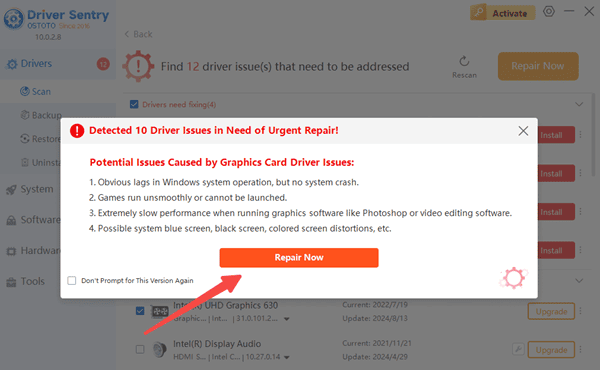
USB flash drives have become indispensable tools for work, study, and entertainment due to their portability and efficiency. However, sometimes when you plug a USB flash drive into your computer, it fails to be recognized. Here are several ways to resolve this issue.
1. Check the Hardware Connection
Switch USB Ports
The USB port on your computer may not function properly due to accumulated dust or wear from frequent use. Try plugging the USB flash drive into a different port, preferably one on the back of the computer, as these are often more stable than front-facing ports.
Test with Other Devices
Test the USB flash drive on another computer to determine if the issue lies with the flash drive itself. If it's not recognized on the other computer, the flash drive might be faulty. If it works, the problem may be with your current computer.
2. Update or Reinstall Drivers
Outdated or corrupted drivers are common reasons why a USB flash drive may not be detected. Here's how to fix it:
Update Drivers
To conveniently detect and fix driver issues, you can install Driver Sentry. It can quickly scan your system for driver problems and repair them automatically.
1. After installing Driver Sentry, open the program.
2. Click the "Scan" button on the main screen. The tool will check all hardware devices for driver issues.

3. Review the scan report and click "Repair Now" to update or install the missing or outdated drivers automatically.

Reinstall Drivers
If updating drivers doesn't solve the problem, you can try uninstalling and reinstalling the driver:
1. Press Win + X on your keyboard and select Device Manager.
2. Locate Universal Serial Bus Controllers, right-click the problematic device, and select Uninstall Device.

3. Open Driver Sentry again, scan for issues, and reinstall the necessary drivers.
3. Check the USB Flash Drive's Status
Use Disk Management
1. Press Win + X and select Disk Management.
2. Check if the USB flash drive is listed as Unallocated or Offline.
If it's unallocated, right-click the device and choose Change Drive Letter and Paths or Online. Follow the prompts to complete the setup.
Format the Flash Drive
If the file system of the USB flash drive is corrupted, formatting might be necessary. Be sure to back up important data first.
1. In Disk Management, right-click the problematic device and select Format.
2. Choose a file system, such as NTFS or FAT32, and proceed.
4. Fix Potential System Issues
Repair System Files
Run the built-in SFC (System File Checker) tool to repair corrupted system files:
1. Press Win + S, search for Command Prompt, and select Run as Administrator.
2. Type "sfc /scannow" and hit Enter. Wait for the scan and repair process to complete.

Check for System Updates
Ensure that your operating system is up to date. Installing the latest updates may resolve compatibility issues, helping your USB flash drive work properly again.

By following these steps, you should be able to fix a computer that doesn't detect a USB flash drive. For any driver-related issues, Driver Sentry is a reliable tool to help you easily identify and resolve problems.
See also:
How to fix driver error bluetooth
How to Fix WiFi Adapter Driver Issues
Solutions for Speakers with Volume but No Sound
6 Ways to Fix Microphone Not Working Issues on Windows 10